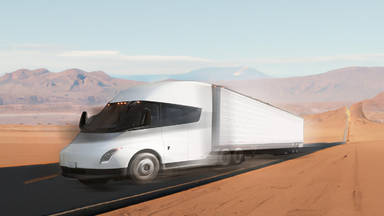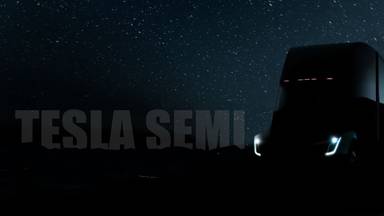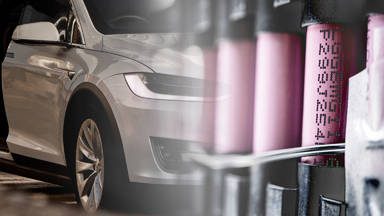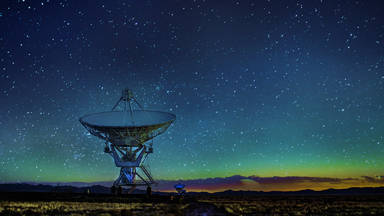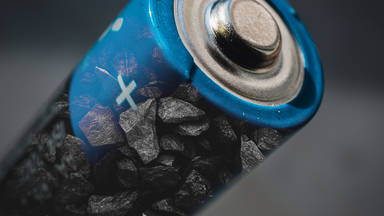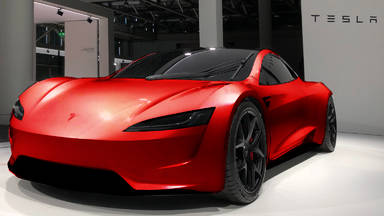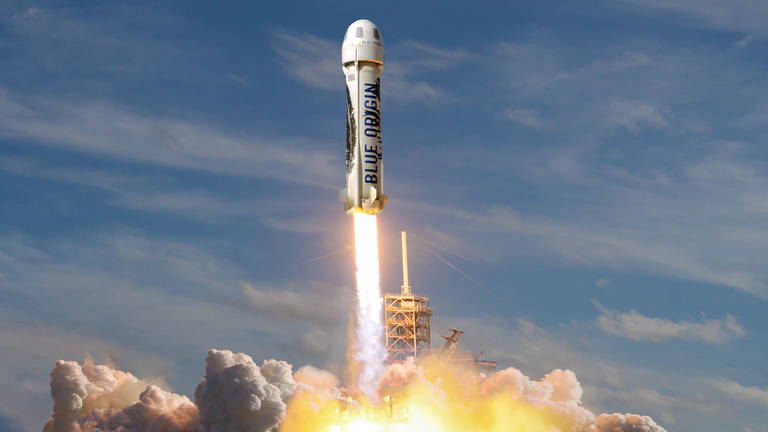
Blue Origin is often written off as just a copy of SpaceX who doesn't accomplish nearly as much. Aside from this, the negative image that is often associated with Jeff Bezos doesn't help the company's case very much either. But what exactly is Blue Origin even working on? What are their plans for space, and how much progress have they made?
Their "New Shepard" rocket is a relatively small one, coming in at just 60 feet or about one-fourth the height of SpaceX's Falcon 9 rocket. Technically, Blue Origin would become the first company to land a rocket booster safely, after the New Shepard booster landed in 2015. Prior to this SpaceX had already completed successful landings using their boosters, but they hadn't yet succeeded in landing a booster after a space flight. So New Shepard did take this title.
However, there are several differences between SpaceX's landings and the Blue Origin's landings that should be noted. First of all, the masses of the rocket are radically different. Blue Origin has not revealed the mass of their New Shepard rocket but considering that it is only 1/4 of the height of Falcon 9, it's likely significantly lighter.
On top of this, the New Shepard's boosters start returning to earth much earlier than Falcon 9's boosters. New Shepard's boosters start heading back at 100 kilometers in altitude, while Falcon 9's boosters don't start to descend till 200 kilometers in altitude.
Consequently, The Falcon 9 booster is not only much heavier, but it's traveling considerably faster as well. New Shepard reaches up to mach 3 during its flight, while Falcon 9 reaches between mach 5.5 and mach 7 before its booster starts to descend. With all that being said, SpaceX's landings are much more difficult, as Elon Musk pointed out, but nonetheless, New Shepard's booster landings are quite impressive.
Aside from being fully reusable, the New Shepard is expected to help pioneer the space tourism business. Their capsule has a volume of 15 cubic meters (or 530 cubic feet,) and it is expected to fit up to six people at a time. The entire flight is only expected to last 11 minutes with about 4 being above the Kármán line or in Space.
Ticket prices are estimated to be about 200 thousand dollars, as a result, the most direct competitor to the service would of course be Virgin Galactic. Virgin Galactic space tourism tickets also come in at $200,000 to $250,000 and they also only provide a couple of minutes of space time. So the ticket price and space-time value are quite similar. However, the vastly different launch and landing systems will likely sway customers to prefer one or the other.
Currently, New Shepard has completed seven successful test flights, mostly just carrying research equipment. Blue Origin was originally planning to launch a crew test flight using the New Shepard by the end of 2020, but that has since been pushed back considering that the rocket does seem to be breathing through its test flights. However, it's just a matter of time until they get to crewed flights, likely in 2021 or 2022.
Moving on from the New Shepard, we have Blue Origin's upcoming "New Glenn" rocket. The New Glennn is a much more large-scale rocket, coming in at about 95 meters. It still falls about 20 meters short of a SpaceX's upcoming Starship rocket, but it's no doubt a behemoth.
Consequently, The New Glennn has a payload capacity of 45 metric tons to low earth orbit, and 13 metric tons to geostationary transfer orbit. They also claim that New Glenn's 7 meter fairing provides twice the payload volume of any existing launch vehicle today. The New Glennn booster is expected to be able to last 25 launches.
Untill very recently, a good portion of New Glennn was being funded by the Air Force. Blue Origin had won a 500 million contract from the Air Force in October of 2018, which was supposed to be spread over the next six years. But in August of 2020 the Air Force would select United Launch Alliance and SpaceX to provide the Air Force with launches over the next five years. Unfortunately for Blue Origin, the 500 million dollar contract specified that Blue Origin must remain a chosen launch provider for the Air Force, to continue receiving payouts.


